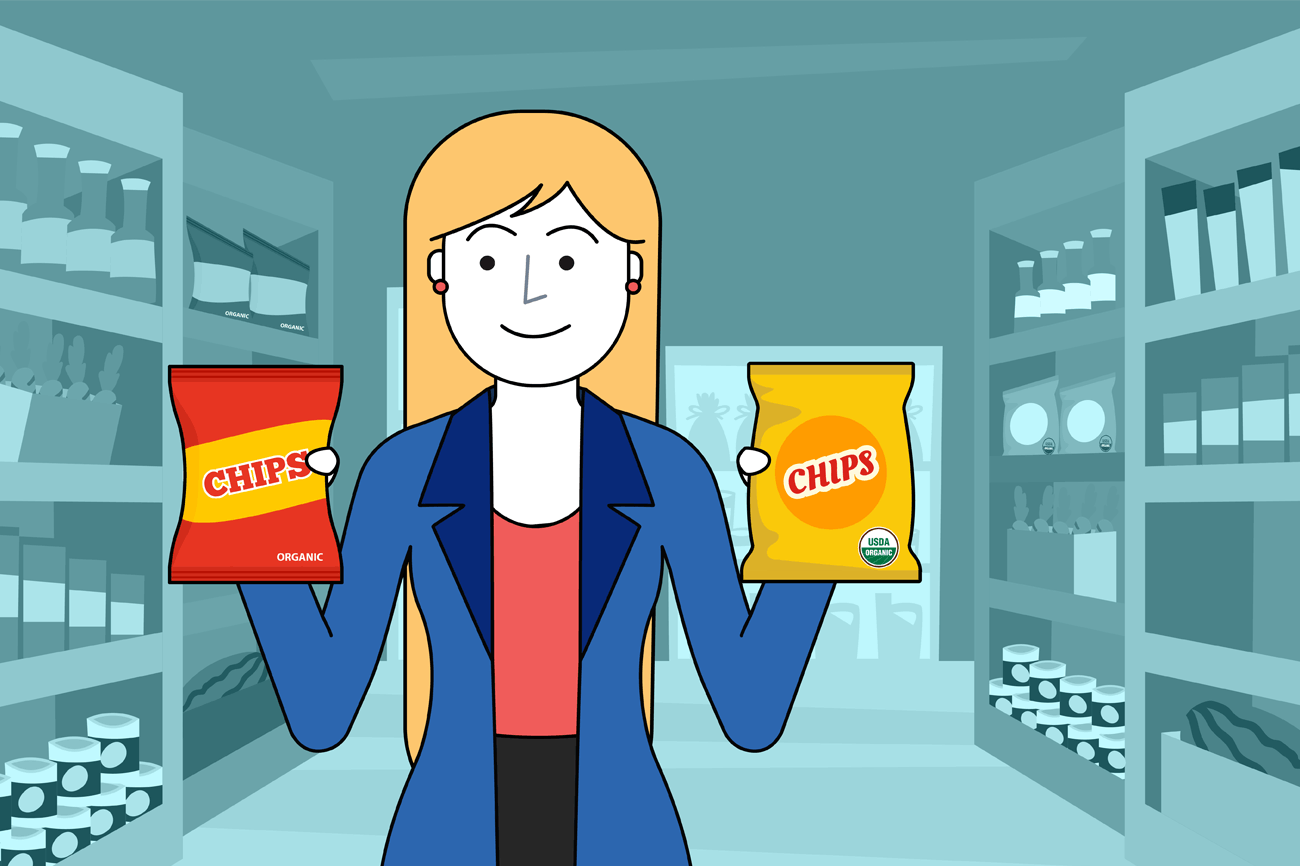“Don’t try to be something you’re not.”
Raise your hand if you ever heard this no less than one thousand times growing up.
It’s good advice, of course. We should all strive to be our best, authentic selves, and not attempt to make people think we’re something or someone else. And this good advice, while it is often pointed at humans, is particularly good advice for consumer packaged goods (CPG) brands.
You know brands and products are not alive, right?
Yes, I do know that. But that doesn’t mean it’s not useful advice.
But these products don’t have ears.
True, but the people behind the brands and products do. Hear me out. (Pun intended.)
In CPG today, consumers want brands that are authentic. They want brands that are transparent. They want brands that they can relate to, or aspire to, and products that connect with the values they’re living.
Because of that, brands need to ensure that they are as authentic and transparent as possible. What’s more, there cannot even be a whiff of fraud surrounding their product.
Yikes, ‘fraud.’ That’s some heavy language there.
It is, but in today’s CPG environment, it’s warranted. More than ever, brands and products seek out and achieve certifications to differentiate themselves from the competition and meet the needs of their consumers. And it can be easy for less ethical or less conscientious brands to simply use terminology or phrases that are similar to popular certifications that resonate with consumers but not actually achieve said certifications.
Explain that one more time?
Take the term “organic,” for example. It’s got a high level of popularity and recognition among consumers. But putting the term “organic” on a product is not the same as actually being certified organic, which involves going through the rigorous process as set forth by the USDA organic standards.
Another example is the rise in consumers seeking out brands from women-owned businesses. To be a certified woman-owned business, 51 percent of the business must be owned by a woman. But there are invariably brands out there that don’t meet that threshold, but will still claim to be woman-owned.
I see what you’re saying. But why does it matter?
Because we live in a world where we have a vast amount of information at our fingertips, and it’s easy to discover whether a brand is being forthcoming in their claims, or if they’re perpetrating a fraud.
And….?
And consumers tend to get pretty upset when they discover their favorite brands are not what they say they are. As important, the retail buyers who stock those brands tend to get upset as well. When a retail buyer is looking for new products with certain specifications—whether that is flavor profile, packaging size, or, you guessed it, certifications—to add to the store’s mix, they’re going to do their due diligence that a brand or supplier is what/who they say they are. And if after some research, it turns out those certification claims aren’t accurate? Most likely, the retail buyer isn’t going to try to connect with that brand anytime soon.
I can see how that would be a bad thing.
Yup. Not fun for anyone.
The upshot is, if a brand is claiming to have a certain certification, they’d better actually have that certification. It should be easy for retail buyers and consumers alike to verify that a brand is who they say they are. If they’re touting to be organic, they should be able to prove they are USDA certified organic. If they are a minority-owned business, they should be able to easily show that their company is, in fact, majority-owned by a person or group who is a minority. If the brand is staking a claim in being non-GMO, Joe Consumer should be able to check to ensure that it’s true.
So, it’s all about being transparent for retail buyers and consumers?
That is a big part of it, yes. But also, brands and suppliers should want to be forthcoming and easily confirm that they can back the claims they’re making.
Oh? Why is that?
I’m so glad you asked. If a brand has gone through the rigorous process of becoming certified for one or more certifications, that’s something that should be celebrated and marketed! Achieving a certification is no easy feat, and it is a point of pride for brands. Brands should absolutely be shouting it from the rooftops that they’ve completed this great accomplishment.
Again, brands and products are inanimate objects. They can’t shout.
You have no imagination.
Fine. What I mean to say is the hardworking teams behind the brands, who carefully researched and thoroughly completed each step of certification managed a huge undertaking, and did it in the name of showing their consumers that they come first, and that the brands are listening and responding to what consumers need, want, and value.
So what you’re saying is don’t try to be something you’re not.
Yes. From the literal start of this article, that’s what I’m saying.
And like I said, we’re living in a world where all the information we could ever want is at our fingertips, so that a brand would even try to tout certifications that they don’t really have seems just silly. But yet, it can happen. So for brands out there, be clear, and be transparent about the claims you’re making, especially when it comes to certifications. Misleading consumers, even if unintentionally, is never going to work in your favor.
Looking to add certifications to your products? Browse trusted, industry-recognized certification providers in RangeMe Services here.


